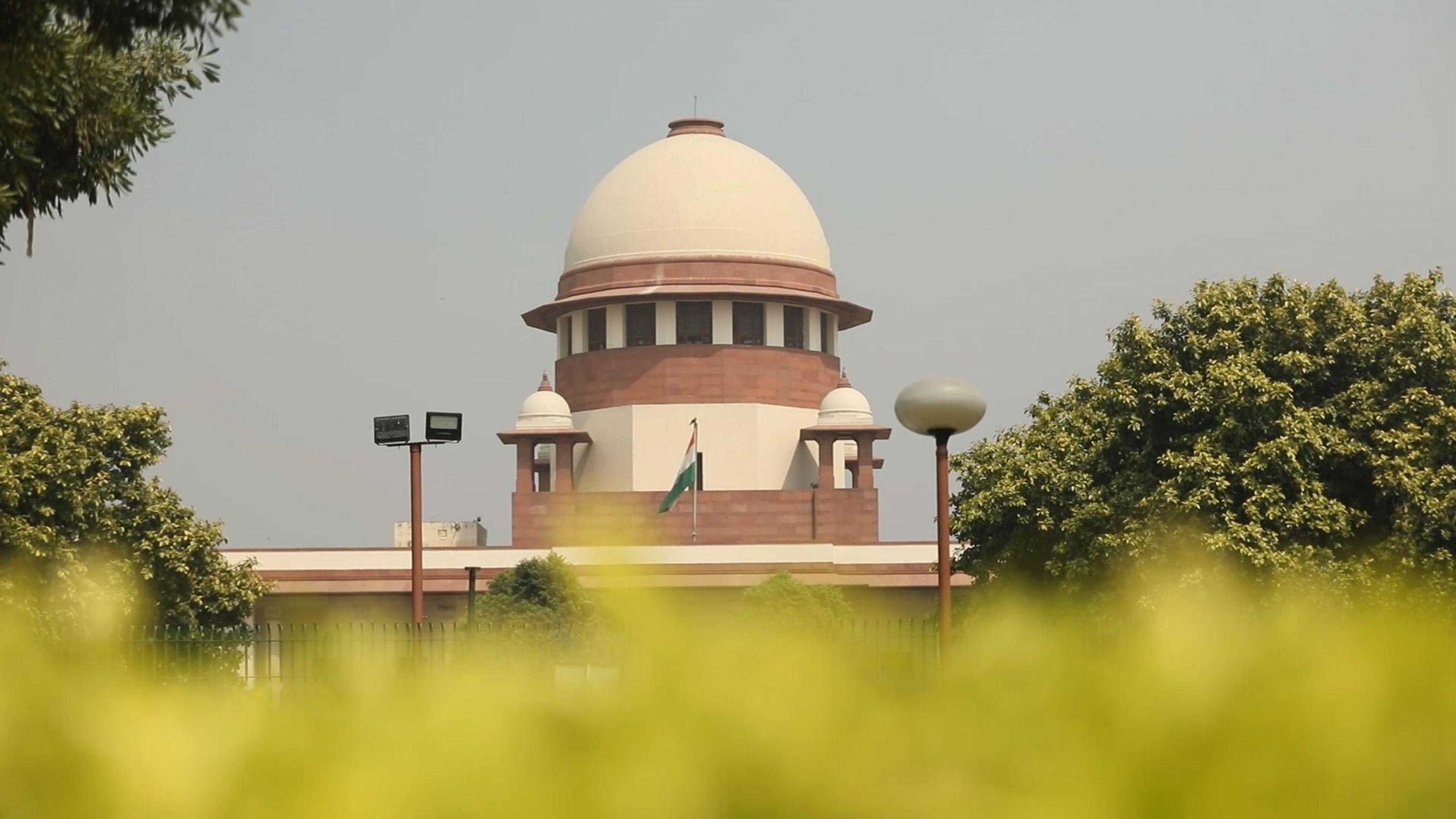NEW DELHI, May 19: The Supreme Court Thursday said that it would hear a batch of pleas challenging the applicability of Economically Weaker Section (EWS) criteria of Rs eight lakh annual income for NEET-PG admissions in July.
A bench of Justices DY Chandrachud, Surya Kant, and PS Narasimha said that the matter needs to be heard by a combination of three-judge bench and it would not be possible to hear it during summer vacation.
The bench said it would hear the matter upon reopening of the court. Senior advocate Arvind Datar, appearing for NEET aspirants, said that the NEET-PG 2022-23 would be conducted soon and the only issue which remains is the determination of the income criteria of Rs eight lakh fixed by the government, whether it is applicable or not.
He said that what the government has actually done is they have lifted Rs eight lakh income criteria fixed for creamy layer in OBC and adopted it for the EWS.
“We have already shown there is a huge disparity in the per capita income. Now all the pleadings are complete. We have filed our written submissions and their (Centre) counter affidavit is also on record. The case is ready for final disposal”, he said.
On February 14, the top court had refused to entertain a plea seeking clarification on the applicability of EWS criteria of Rs eight lakh in NEET-PG 2022-23 saying it is seized of the matter and whatever it decides will be applicable.
The top court had said, “We have not stalled the process of determining the EWS criteria for next academic year. We have said EWS quota will be as per our order. We have kept the matter in March for disposal. The process cannot stop. Whatever we will decide will apply”. On January 20, in its reasoned order, the top court had said merit cannot be reduced to narrow definitions of performance in an open competitive examination which only provides formal equality of opportunity, as it upheld 27 per cent of Other Backward Classes (OBC) reservation in All India Quota (AIQ) seats in the NEET for UG and PG medical courses. Justifying allowing quota for EWS on the existing quota for the current academic year, the bench had said, “We are still in the midst of the pandemic and any delay in the recruitment of doctors would impact the ability to manage the pandemic. Hence, it is necessary to avoid any further delays in the admission process and allow counselling to begin immediately”.
On the EWS quota, the top court had said that it is a settled principle of law that in matters involving a challenge to the constitutionality of legislation or a rule, the Court must be wary to pass an interim order unless the Court is convinced that the rules are prima facie arbitrary.
The bench, while listing the matter in the third week of March said, “as a result, we allow the implementation of EWS reservation in AIQ seats in NEET UG and PG seats for the academic year of 2021-2022. The EWS category shall be identified in view of the criteria in Office Memorandum of 2019″.
On January 7, the top court had paved the way for starting the stalled NEET-PG 2021 counselling process based on the existing 27 per cent OBC and 10 per cent EWS reservations in the All India Quota seats, saying there is an “urgent need” to begin the admission process.
The Centre had constituted a three-member committee, comprising Ajay Bhushan Pandey, former finance secretary, VK Malhotra, member secretary, ICSSR, and Sanjeev Sanyal, Principal Economic Adviser to the Centre to revisit the criteria for determining EWS.
The committee in its report submitted on December 31 last year to the Centre said, “The current gross annual family income limit for EWS of Rs eight lakh or less may be retained. In other words, only those families whose annual income is up to Rs 8 lakh would be eligible to get the benefit of EWS reservation.”
The Centre has said it decided to accept the recommendations of the panel to retain the current gross annual family income limit for defining EWS at Rs eight lakh or less.
It also told the court that according to the panel, family income is a “feasible criterion” for defining EWS, and in the current situation, a threshold of Rs eight lakh seems reasonable for the purpose. (PTI)
Trending Now
E-Paper


